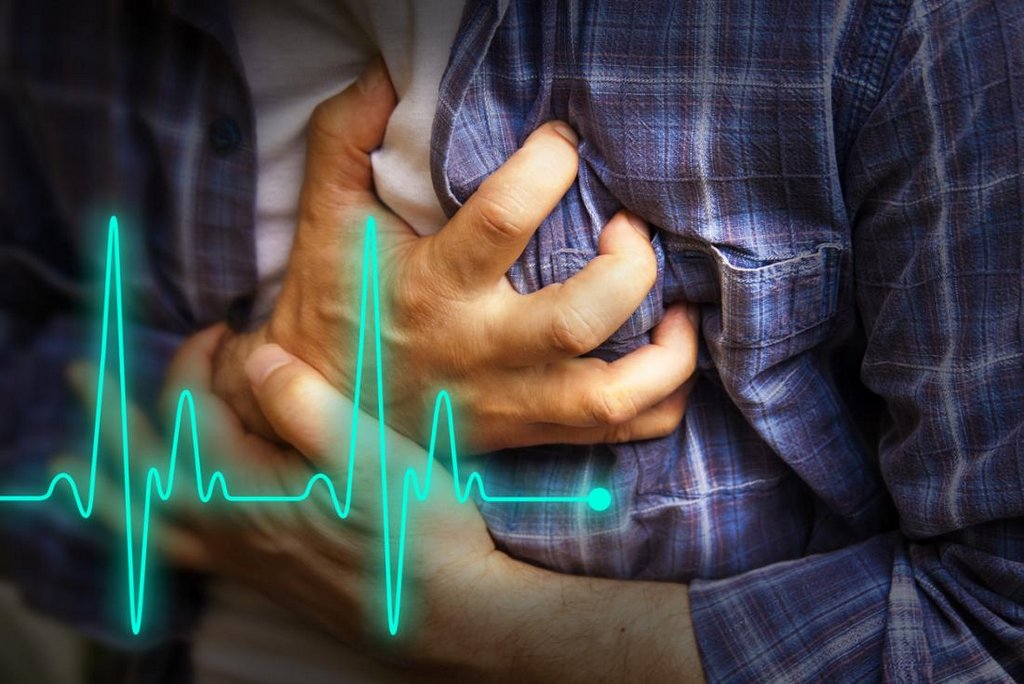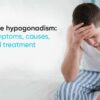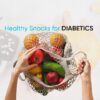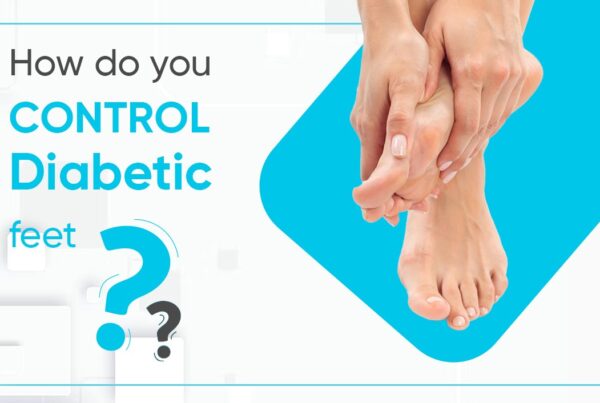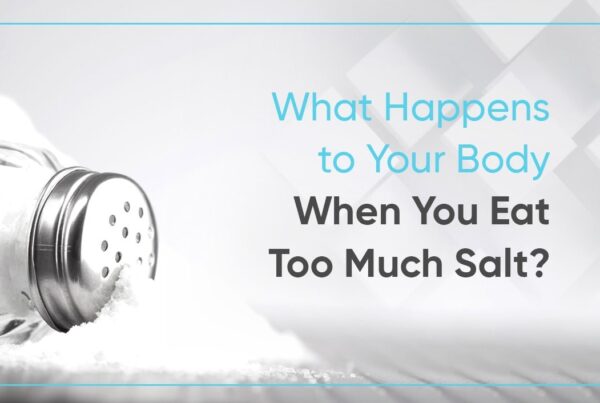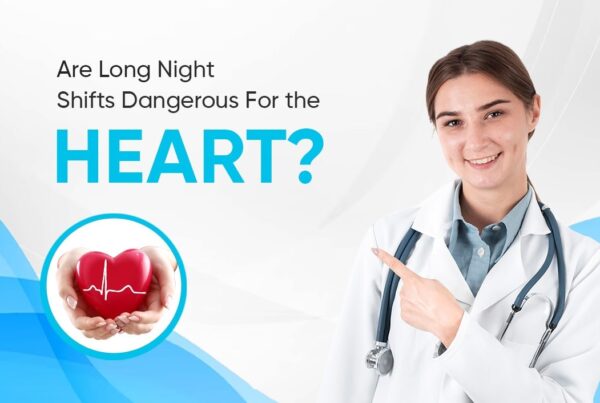Cardiac Arrest Causes, Risks & Treatment Options
What is cardiac arrest and how does it happen?
Our heart is one of our body’s strongest organs. Its primary job is to circulate oxygenated blood across the body. A cardiac arrest happens when the heart spontaneously stops beating.
It normally occurs as a result of an electrical disruption in the heart, resulting in arrhythmias. The heart’s pumping action is hampered, and blood supply through the body is stopped. If emergency care is not provided, a person will lose consciousness and die immediately.
What are the signs and symptoms of a heart attack?
Cardiac arrest is a life-threatening condition that develops suddenly. It has the ability to cause:
1.Sudden demise
2.Consciousness deprivation
3.Breathing difficulties
4.No pulse.
Even though cardiac arrest is a rare occurrence, you can see some warning signs before going into cardiac arrest. The following are the early signs and symptoms.
1.Breathing difficulties
2.Feeling light-headed
3.Pain in the chest
4.Vomiting and nausea
When do you see the cardiologist?
If you experience symptoms such as trouble breathing, chest pain, loss of consciousness, or any of the other signs listed above, you should call your cardiologist right away.
What are its triggers?
The electrical system of sickly heart dysfunction in the majority of cardiac arrests. An irregular heart rhythm, such as ventricular fibrillation or ventricular tachycardia, could result from such a dysfunction. Serious slowing of the heart’s rhythm could also trigger cardiac arrest in some people.
Life-threatening arrhythmias are abnormal heartbeats that can result in heart failure.
Cardiac arrest could also be caused by:
Bruising of the heart muscle: This bruising could be the result of a previous heart attack or it could be the result of something else. Ventricular arrhythmias may be life-threatening if the heart is swollen or scarred for some reason. In patients with atherosclerotic heart disease, the first six months after a heart attack are an especially high-risk time for sudden cardiac death.
Cardiomyopathy is a condition that affects the heart: The risk to your heart muscle can result from some factors, including heart valve disease, hypertension, and others. You may be more susceptible to sudden cardiac death if your heart muscle is weak, particularly if you already had heart failure.
Medications for the heart: Medications for the heart can cause arrhythmias, and lead to sudden cardiac death in some cases. It may seem strange, but anti-arrhythmic drugs used to treat arrhythmias could also cause ventricular arrhythmias, at normal doses. A “proarrhythmic” effect is what this is called. Arrhythmias and cardiac arrest could be caused by large increases in magnesium and potassium levels in the blood.
Electrical anomalies: In children and young adults, electrical anomalies such as Wolff-Parkinson-White syndrome and Long QT syndrome can trigger sudden cardiac death.
Psychoactive drug use: Even in generally healthy individuals, some Psychoactive drugs can cause sudden heart failure.
Congenital blood vessel defects: Blood vessel defects especially in the aorta or coronary arteries, could cause cardiac arrest in some rare instances. When such anomalies are identified, the adrenaline produced during vigorous physical exercise acts as a cause for heart failure.
Who is at risk of a heart attack?
If you have any of the above heart problems, you could be at risk of cardiac arrest:
1.Coronary Artery Disease
2.Heart Valves That Aren’t Correct
3.Arrhythmia of the Heart
4.Problems of Electrical Impulses
5.Previous Heart Attack
Aside from the conditions listed above, there are some other hazard factors to consider like
Age: As you get older, the chances of having a cardiac arrest increase.
Family medical history: If someone in your family had a history of heart disease, you’re at a higher risk.
Stress: Stress is a significant contributor. It has been linked to a variety of illnesses, like cardiac arrest.
Electrolytes: Disturbance of Electrolytes like magnesium, potassium, calcium, etc
What are the treatment options?
There are two types of care services available immediate and long-term.
Treatment should start straight away.
CPR: Cardiopulmonary resuscitation is required immediately to treat cardiac arrest.
Defibrillation: When a system senses ventricular defibrillation, it is designed to administer electric shocks to the heart. It temporarily slows the heart and returns it to its usual rhythm.
Treatment options for a longer period: After you’ve stabilized from cardiac arrest, your physician can perform a series of diagnostic and imaging tests on you. The following therapies could be recommended based on the results of the tests.
Medications prescribed: Antiarrhythmic medications can be approved for long-term treatment of arrhythmias. ACE inhibitors, Beta-blockers, and calcium channel blockers could also be recommended.
Surgery options: To fix and eliminate any clots in the heart, surgery such as Corrective Heart Surgery, bypass surgery, and coronary angioplasty can be used.
What are the repercussions?
Repercussions can range from minor to major, and even life-threatening. The following are the major complications.
Heart Issues: Once you experience a cardiac arrest, you can continue to have irregular heartbeats due to electrical impulse issues. It’s also possible that the ventricles are permanently impaired.
Neurological problems: There could be a significant loss of brain cells as a result of the reduced blood supply to the brain. It can result in long-term brain injury and stroke-like signs.
What lifestyle changes should be made following a cardiac arrest?
A safe lifestyle is one of the most effective ways to treat and prevent heart disease. Several lifestyle modifications can be made to reduce the chance of another cardiovascular arrest. The following are among the ways you may strengthen your heart condition:
Stop smoking and restrict your alcohol intake: Alcohol and smoking are the leading causes of heart disease. To prevent heart attack or heart failure, limit your alcohol consumption to 1 or 2 glasses a day, ideally none at all, and stop smoking.
Cope with stress: Anxiety and depression are all precursors to a variety of health problems, including hypertension, disordered eating, and more. Regularly practicing yoga and meditation will help you monitor and handle your stress.
Heart Friendly diet: Eat a heart-healthy diet that is low in saturated fat, cholesterol, trans-fat, and sodium. Sweetened beverages should not be consumed. Processed foods should be avoided. Rather, eat more new fruits and leafy green vegetables that are rich in vitamins and minerals. You could also boost your heart health by having lean proteins, low-fat milk products, and essential oils.
Physical activity: Lack of exercise may be harmful to one’s health. It is critical to exercise every day to strengthen the heart muscles and improve oxygen supply. Regular exercise, even if only for 30 minutes, can help reduce blood pressure and cholesterol. It will also assist you in keeping calm and reducing tension. To boost your fitness, start doing cardiovascular activities such as walking, running, or swimming regularly. After all, before engaging in any vigorous exercise, check with your doctor.
Stay at a healthy weight: One of the leading causes of heart problems is obesity. You can stay at a healthy weight by exercising and maintaining a healthy diet.
Get a good night’s sleep: Sleep deficiency raises your risk of developing health conditions such as high blood pressure, depression, and diabetes, which can lead to heart failure.
Take medical checkups regularly: Other disorders, such as diabetes, hypertension, high cholesterol can damage your heart.
Stay at a healthy weight: One of the leading causes of heart problems is obesity. You can stay at a healthy weight by exercising and maintaining a healthy diet.
Get a good night’s sleep: Sleep deficiency raises your risk of developing health conditions such as high blood pressure, depression, and diabetes, which can lead to heart failure.
Examine your wellbeing regularly: Other disorders, such as diabetes, hypertension, high cholesterol can damage your heart. To effectively manage those conditions, routine health checkups are needed.
Final thoughts
Cardiac arrest is a life-threatening medical emergency. It can, nevertheless, be handled with the right treatment and a balanced lifestyle. To prevent complications and successfully treat other health problems consult a doctor regularly.

